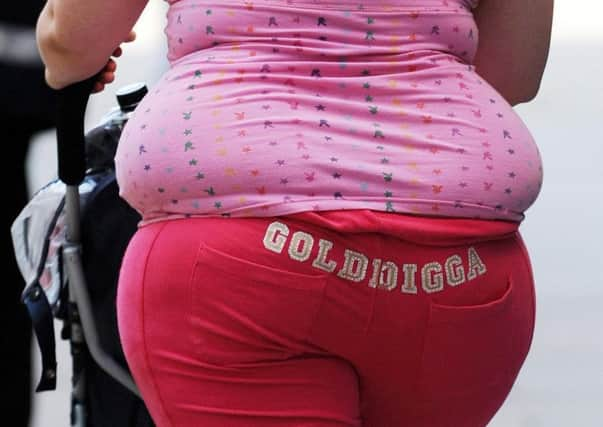Call for obesity ops to be renamed


A new analysis of surgery to help obese patients in the UK concluded that the number of people getting bariatric surgery is falling despite rising rates of obesity and diabetes.
The authors warned that as the obesity epidemic “worsens” the availability of surgery, “the most successful treatment”, is limited.
Advertisement
Hide AdAdvertisement
Hide AdRecent figures suggest Wigan has one of the worst rates in the North West of hospital admissions due to obese residents. Females accounted for almost double the amount of admissions than males in the borough, the figures add.
The analysis, published in the British Medical Journal, suggests one obstacle to people getting surgery was “prejudice”, pointing out that a previous study has shown that changing the name of a bariatric clinic to “metabolic and diabetes surgery” increased the number of male patients.
It said: “Given the severity of the problem, it seems urgent to consider the potential barriers to surgery.
“Adopting the phrase ‘metabolic surgery’ might enable society and patients to talk about it and begin to establish a culture change.”
Advertisement
Hide AdAdvertisement
Hide AdWigan’s obesity figures, published in a report by the Health and Social Care Information Centre (HSCIC), showed a borough rate of 1,153 per 100,000 of population placing it among the worst authority areas in the North West with Wirral, St Helens, Salford, Knowsley and Cheshire West and Chester and higher than the NW average of 987.
A council spokesman said: “The implications of being heavier than you should be include a significant increase in the risk of long term conditions such as heart disease and diabetes.
“Here in the borough, we’re working hard with our partners to address this issue and our results show that we can make a difference. Since the Lose Weight Feel Great campaign was launched in 2009, more than 21,600 have accessed the programme and 13,248 stones have been lost.”
Meanwhile health commissioners have also restricted the number of bariatric operations they will fund. Consultant surgeon Richard Welbourn, said: “A renewed focus on these patients could limit future costs of treating complications related to obesity and diabetes.”